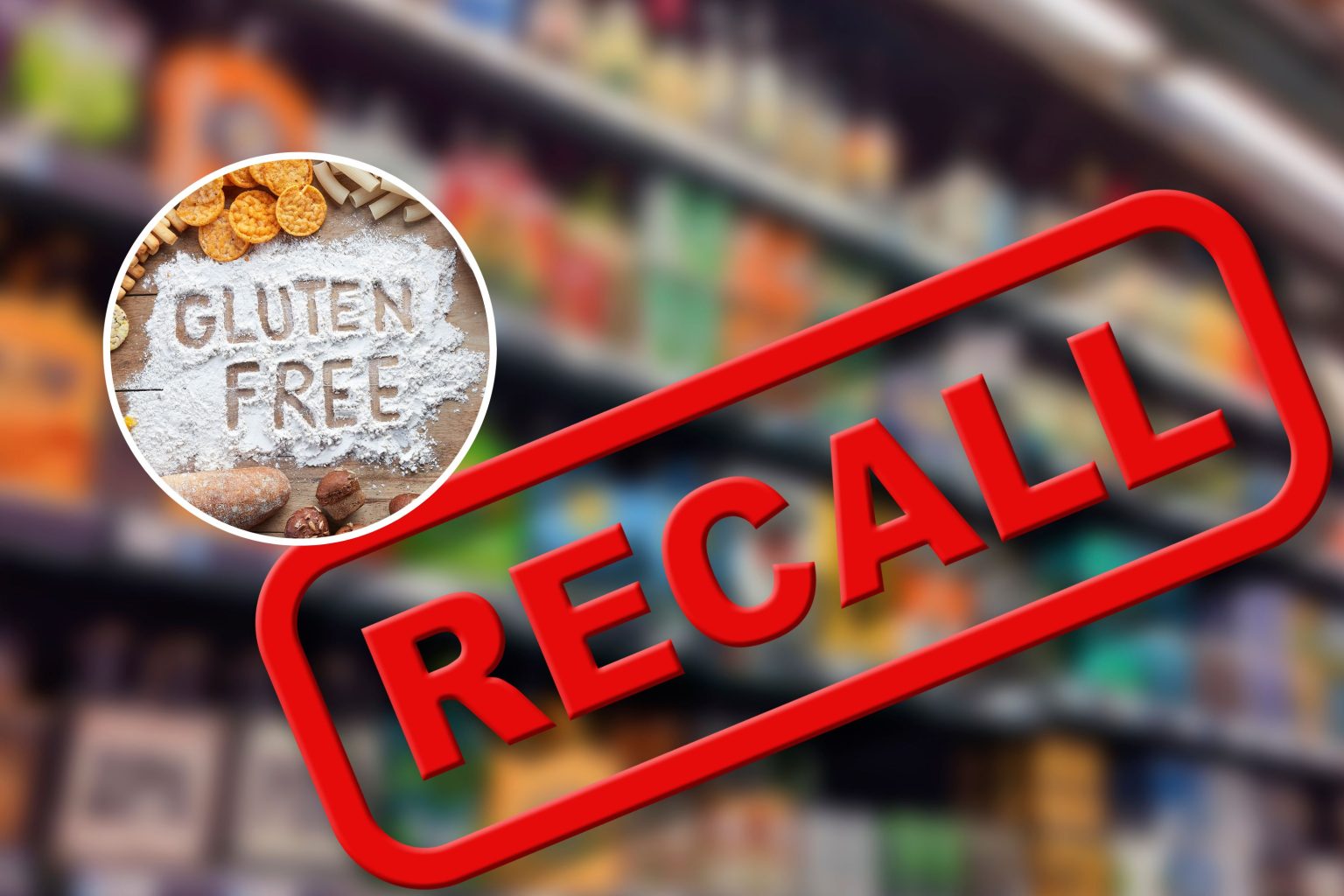The U.S. Food and Drug Administration (FDA) has issued a recall on a gluten-free cake product made by Macrina Bakery of Kent, Washington, after it was discovered that the “Mini Raspberry Lemon Coffee Cake” contained wheat and nuts, which were not declared on the label. The bakery voluntarily recalled thirty-eight loaves of the cake after it was found that their “Mini Squash Harvest Loaf” had been mislabeled as “Mini Raspberry Lemon Coffee Cake”, posing a potential risk to those with allergies to wheat and nuts. The recalled products have a universal product code of UPC 8 57297 00745 4 and a sell-by date of 09/17. This recall has been classified as a Class II risk by the FDA, meaning that exposure to the violative product may cause temporary or medically reversible adverse health consequences.
Wheat and tree nuts, including walnuts, are major food allergens that can trigger allergic reactions in susceptible individuals. Gluten, a protein found in wheat and related grains, is also a common allergen for those with conditions such as Celiac disease, wheat allergies, and gluten intolerance. Celiac disease is an autoimmune disorder in which the ingestion of gluten can lead to damage in the lining of the small intestine, affecting nutrient absorption. Wheat allergies involve the immune system’s production of antibodies in response to wheat proteins. Walnut allergies, part of the tree nut allergy category, occur when the immune system mistakenly identifies walnut proteins as harmful, leading to allergic symptoms such as anaphylaxis, a severe and potentially life-threatening allergic reaction.
The FDA emphasizes the importance of food labeling accuracy in preventing adverse health consequences for consumers, especially those with food allergies or sensitivities. Mislabeling incidents like the one involving Macrina Bakery’s gluten-free cake highlight the need for strict quality control measures in food production to ensure that products are accurately labeled and do not pose a risk to consumers. Class II recalls are triggered in situations where exposure to a violative product may cause temporary or reversible adverse health consequences, emphasizing the importance of addressing such issues promptly and transparently.
The recall serves as a reminder of the potential risks associated with food allergies and the importance of vigilance in reading food labels and avoiding products containing allergens. Symptoms of food allergies can range from mild skin or digestive discomfort to severe and life-threatening reactions like anaphylaxis. Individuals with known food allergies or sensitivities should be particularly cautious when consuming packaged foods and should seek medical attention if they experience allergic symptoms. Food recalls, such as the one issued by the FDA for the gluten-free cake product, help to protect consumers and raise awareness of potential allergen contamination in food products.
If you have information about a science story that Newsweek should cover or questions about food recalls, you can contact them via email at science@newsweek.com. Stay informed about food safety issues and recalls to protect yourself and your loved ones from potential allergen exposure and adverse health consequences. Transparency and communication between food producers, regulatory agencies, and consumers are essential in ensuring the safety and integrity of the food supply chain. heed the advice to be cautious and informed about food recalls and allergen labeling to safeguard your health and well-being.


